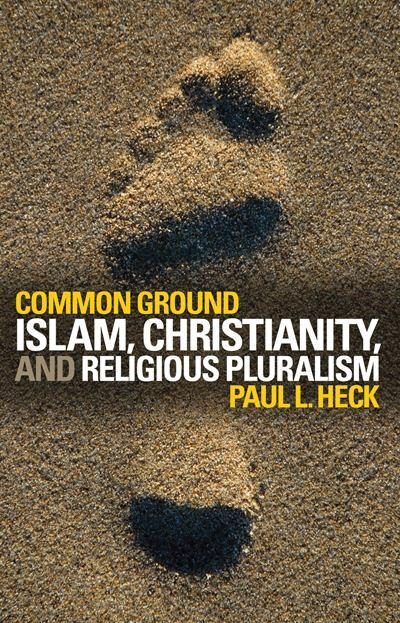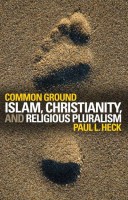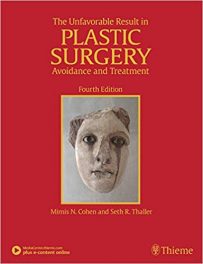Publisher: Georgetown University Press – 240 pages
Book Review by: Paiso Jamakar
Common ground is an uncommon book. How many books have you come across that point out the commonalities of two religions? Probably none.
Paul L. Heck, author of this book, Common Ground: Islam, Christianity and Religious Pluralism, writes of a shared Christian-Muslim love of God and love of neighbor today, at a time of the ‘war on terrorism’ in Afghanistan.
There was religious conflict between Muslims and Jews in another part of the Middle East – in the Gaza Strip. Through the successful peacemaking efforts of Christian U.S. President Jimmy Carter, he made peace between the two by having former Muslim Egyptian President cede that territory to the Palestinians.
Paul L. Heck points out that there is common ground between Jews, Muslims and Christians. He writes that the common ground is that all these three religious groups “look to Abraham as proto monotheist, friend of God, and father of the covenant between God and his people.”
He mentions that in 2007, a group of Muslims presented an expression of inter-religious solidarity to the Christian world with a message entitled “A Common Word Between Us and You.” Since that year, a number of meetings have been held to discuss that paper. While not being specific, the author writes that it “has received encouragement at the highest levels of religious authority and political power.”
Paul Heck also informs us that in 2000, today’s Pope Benedict XVI, who was then Joseph Cardinal Ratzinger, promulgated a declaration through the Congregation for the Propagation of the Faith that invited Christian theologians “to explore if and in what ways the historical and positive elements of other religions may fall within the divine plan of salvation.”
He further points out specifically: “indeed, article 841 of the Catholic Catechism states that God’s plan of salvation includes Muslims who ‘acknowledge the Creator… [and] profess to hold the faith of Abraham.
The author continues: “Quite straightforwardly, a verse in the Qur’an (10:99) says that if God had wanted, all peoples would have believed together. The point, as drawn by many a Muslin thinker over the centuries, is that religious pluralism is part of the divine plan.”
Throughout the book he points out and discusses numerous commonalities among the three religions – Christianity, Islam and Judaism. “In a way, Judaism stands at the heart of Christianity and Islam. It has a strong sense of the messianic promise and strong commitment to religious ethics. The common ground is ultimately tripartite,” he writes.
This book is organized in question-and-answer format, with an Introduction entitled “Religious Pluralism Today” followed by six chapters that ask and discuss six different questions, with a conclusion entitled “Islam: not a Separate Species.”
To give you an overview of this book, these are the questions, and some, I must say, are quite surprising that I would have never asked myself, especially chapters 1 and 4. So here are the six questions which are the titles of the chapters:
1. Does the Qur’an belong in the Bible?
2. How much good news can we take?
3. The face of God: a social good?
4. Jihad: is it Christian too?
5. Islam: more or less democratic than Christianity?
6. God’s rights: a threat to human rights?
Explore this highly unusual book on a subject we seldom think about – what is common among Christianity, Islam and Judaism. It reflects high scholarship by Paul L. Heck and frank, honest, and impartial discussions on the various religious beliefs and practices of these three religions.







